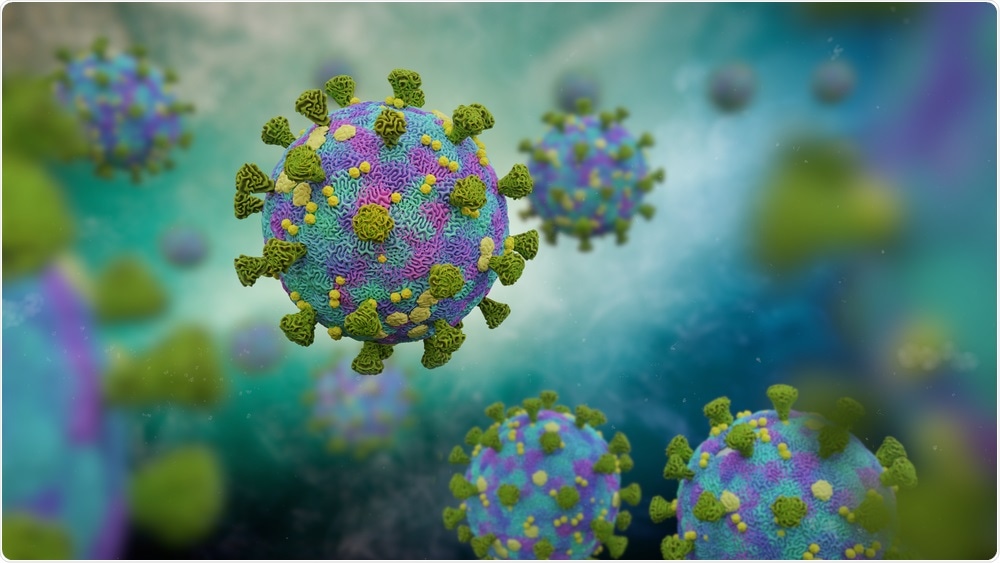Researchers were uncertain whether a survived COVID-19 or SARS-CoV-2 infection results in a long-lasting immunological memory and thus can guard against a new infection, until now.

Image Credit: Dotted Yeti/Shutterstock.com
Many studies had demonstrated that antibodies specific to SARS-CoV-2 can only be detected for a few months in a number of individuals who have survived the COVID-19 infection and may hence only give momentary protection against re-infection.
Now, researchers from the Medical Center at the University of Freiburg and headed by Dr. Maike Hofmann, Dr. Christoph Neumann-Haefelin, and Professor Dr. Robert Thimme have demonstrated that after a person recovers from the COVID-19 infection, the immune cells are formed which continue to remain in the body and could control a quick immune response in case of re-infection.
The study performed by the University of Freiburg was published in the online edition of Nature Medicine—the leading scientific journal—on November 12th, 2020.
These so-called memory T-cells after SARS-CoV-2 infection look similar to those after a real flu. We are therefore confident that the majority of people who have survived SARS-CoV-2 infection have some protection against re-infection with SARS-CoV-2.”
Dr Maike Hofmann, Scientist, Department of Medicine II, Medical Center, University of Freiburg
Professor Thimme, who is also the Medical Director of the Department of Medicine II, highlighted the significance of a good translational research environment, such as that found at the Medical Center—the University of Freiburg in the present situation.
In order to obtain robust research results within a few months, close networking between clinic and science at the highest level is a basic requirement: On the one hand, patients with COVID-19 are treated on our wards and continue to be cared for in a special outpatient clinic even after the infection has healed. On the other hand, our clinic has great expertise in the analysis of immune cells in viral infections such as hepatitis B and C.”
Dr Robert Thimme, Professor and Medical Director, Department of Medicine II, University of Freiburg
While the Medical Center—University of Freiburg did not play a role in the development of vaccines against the SARS-CoV-2 infection, Dr. Neumann-Haefelin, Head of the Gerok Liver Center at the University Hospital Freiburg, is optimistic
According to him, “Our results suggest that immunity against SARS-CoV-2 can be achieved after an infection. Similarly, vaccines currently being tested in trials could provide significant protection against SARS-CoV-2.”
The deciphering of complex immune responses has long been part of the research focus of the University and the Medical Center - University of Freiburg. Thanks to the high scientific quality onsite, we can now make an important contribution to the corona pandemic.”
Dr Norbert Südkamp, Professor, Dean of Medical Faculty, Albert-Ludwigs-University of Freiburg
Source:
Journal reference:
Schulien, I., et al. (2020) Characterization of pre-existing and induced SARS-CoV-2-specific CD8+ T cells. Nature Medicine. doi.org/10.1038/s41591-020-01143-2.